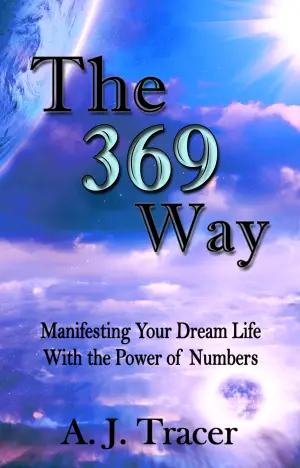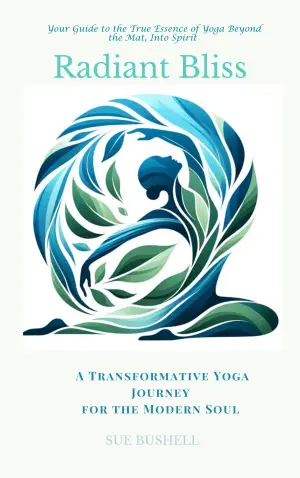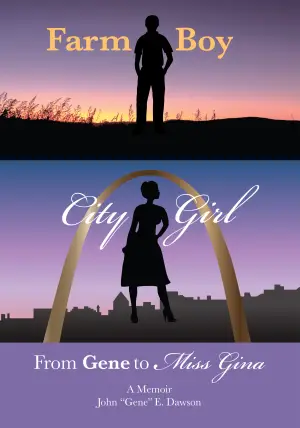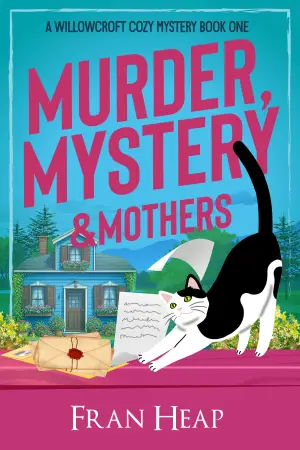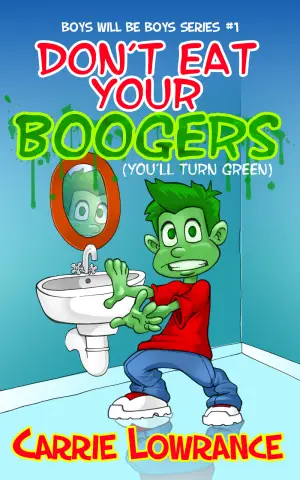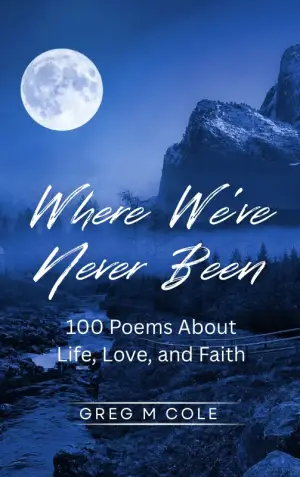Open, Heaven: A Journey Through Lost Love and Lingering Yearnings
When I first picked up Open, Heaven by [Author’s Name], I was drawn in by the promise of exploring the complexities of love and desire, especially through the lens of a coming-of-age narrative. There’s something universally relatable about grappling with one’s feelings and memories that makes it hard to resist. However, while the exploration conceptually captivated me, the execution left me feeling a bit adrift.
This story revolves around James, a character ensnared in the web of his past, particularly in a relationship with Luke, which teeters on the edge of friendship and something more. This premise struck a chord with me—how many of us have experienced that bittersweet longing for a connection that never quite blossomed? James’s struggle illustrates a profound truth: sometimes our desires can lead us into a labyrinth of delusions and heartbreak, and this novel captures that beautifully, albeit in a rather melancholic way.
From the outset, I couldn’t shake the feeling that James was entangled in a relationship that never truly materialized as expected. His adventures back home become a painful reckoning, forcing him to confront not just his feelings for Luke but also what he’s sacrificed by clinging to a haunting memory. The line, “I understood that this was what desire was: wanting something I could not have,” encapsulated the emotional core of this story, resonating deeply with my own experiences of unrequited love.
The tone toggles between nostalgic warmth and a lurking sense of foreboding, which I found intriguing yet slightly unsettling. At times, I couldn’t decide if the narrative would take a darker turn. James’s fears of his feelings for Luke being exposed seem crafted from deep-rooted insecurities—fears that many of us can relate to, yet I felt that sometimes the writing drifted into verbose territory. While some passages are beautifully reflective, they occasionally veered into excessive detail that dulled the impact of James’s feelings.
One of my favorite moments, unfortunately tinged with sadness, was when James observes, “And I never knew… whether he was even aware of how indelible those marks were.” This idea of unreciprocated love leaving scars struck me as particularly poignant, reminding me of my own youthful heartaches and the scars they left behind.
The conclusion is sobering. James’s return to his past isn’t a rejuvenating journey but rather further shackles him to it. It’s a sad reality that invites reflection: how often do we find ourselves bound by memories, never moving forward? The ending left me questioning whether James truly found himself or whether he simply became the embodiment of what he couldn’t let go.
Open, Heaven may resonate most with readers who appreciate introspective explorations of love, loneliness, and the weight of what it means to yearn for connection. Those who have experienced unfulfilled relationships or the trials of first love will find their own tales reflected in James’s journey. Despite its shortcomings, the book captures the essence of what it means to long for someone—a bittersweet reminder of the memories we hold close, and how they can sometimes define us.
While my experience with this novel sits at a humble 2.75 stars, I can appreciate its offering: an opportunity for readers to reflect on their own past loves, the memories that continue to shape their identities, and the complexity of human connection. In the end, I walk away from Open, Heaven with a somber awareness, and perhaps a little more understanding of my own emotional landscapes.



